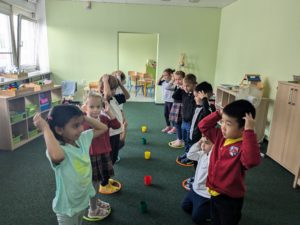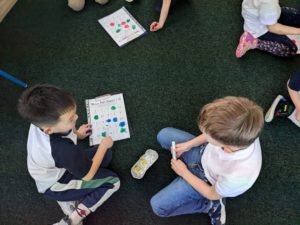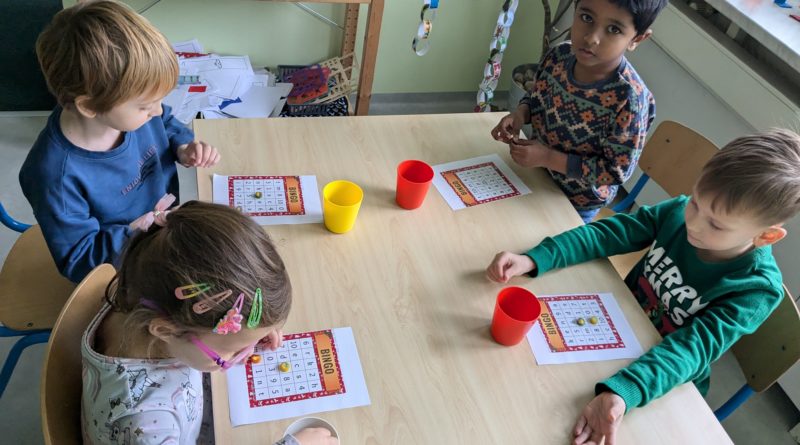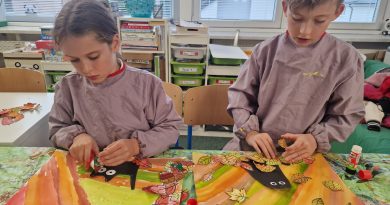Why We Play Games in the Classroom
 Playing games in the classroom is more than just fun—it helps children develop important self-regulation skills. Self-regulation is the ability to manage emotions, behavior, and reactions. It’s essential for learning, working with others, and handling life’s challenges. Kids with strong self-regulation are better at staying focused, managing frustration, adapting to changes, and achieving their goals.
Playing games in the classroom is more than just fun—it helps children develop important self-regulation skills. Self-regulation is the ability to manage emotions, behavior, and reactions. It’s essential for learning, working with others, and handling life’s challenges. Kids with strong self-regulation are better at staying focused, managing frustration, adapting to changes, and achieving their goals.
Games provide a great way to practice these skills. When playing board or card games, children learn to take turns, follow rules, and wait patiently. They also experience and manage emotions like the excitement of winning or the disappointment of losing. These moments help kids practice fairness, cooperation, and staying calm under pressure. 
Large group games add even more opportunities to build self-regulation. These activities teach kids how to work as part of a team, take responsibility for their role, and adjust their actions to fit the group’s goals. Whether it’s organizing strategies in a team sport or listening closely during a class game, kids learn to focus and collaborate in larger settings.
 Through games, children gain the tools they need to navigate social and academic challenges while building skills that will help them succeed in the classroom and beyond.
Through games, children gain the tools they need to navigate social and academic challenges while building skills that will help them succeed in the classroom and beyond.




